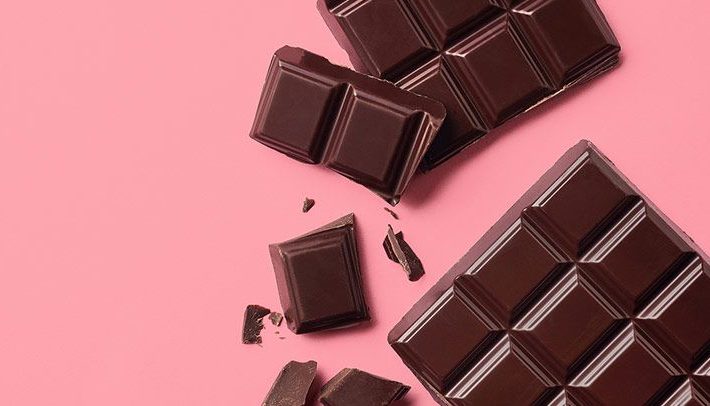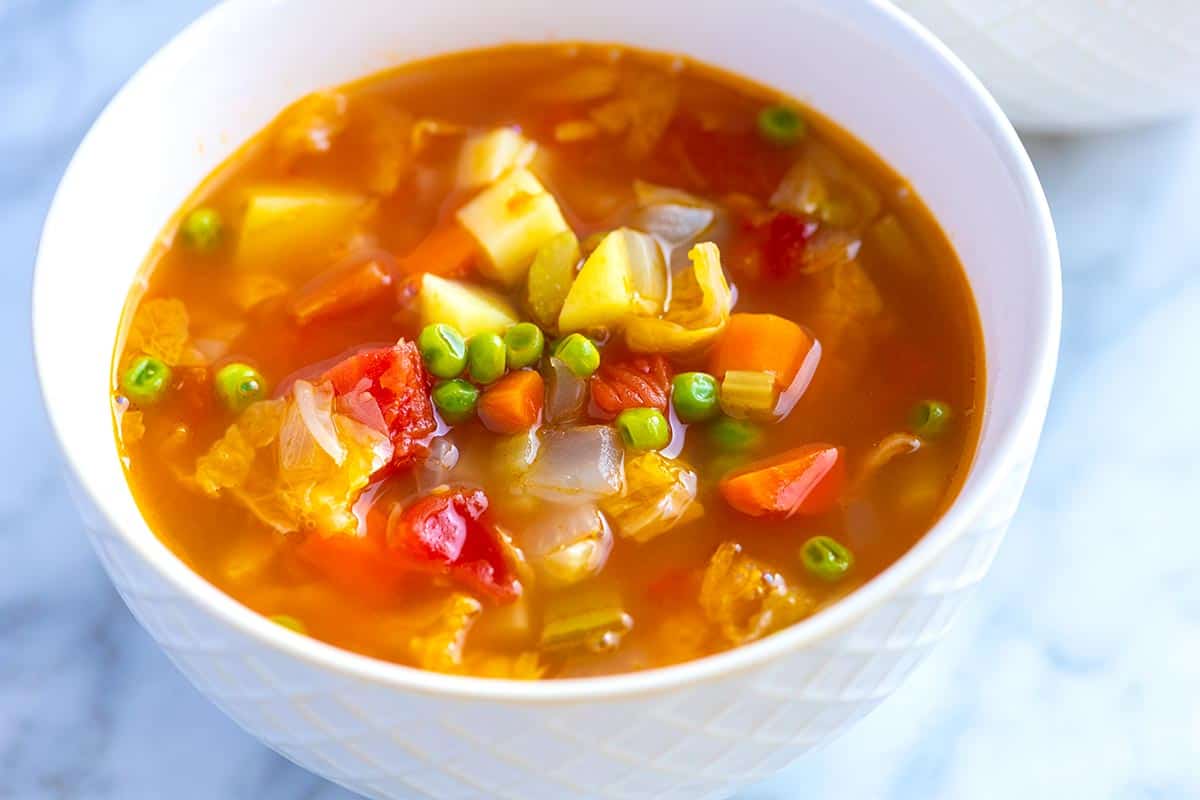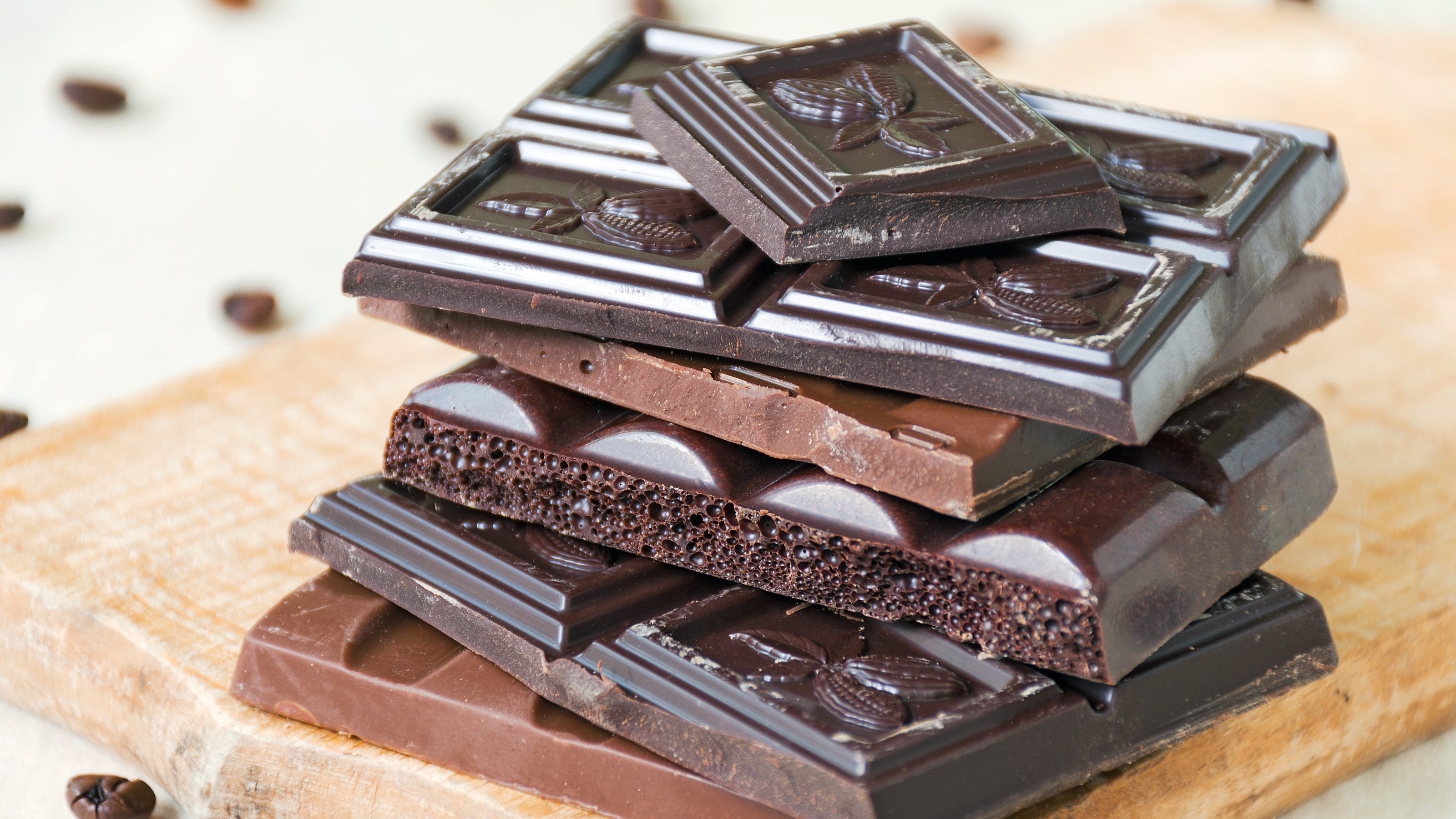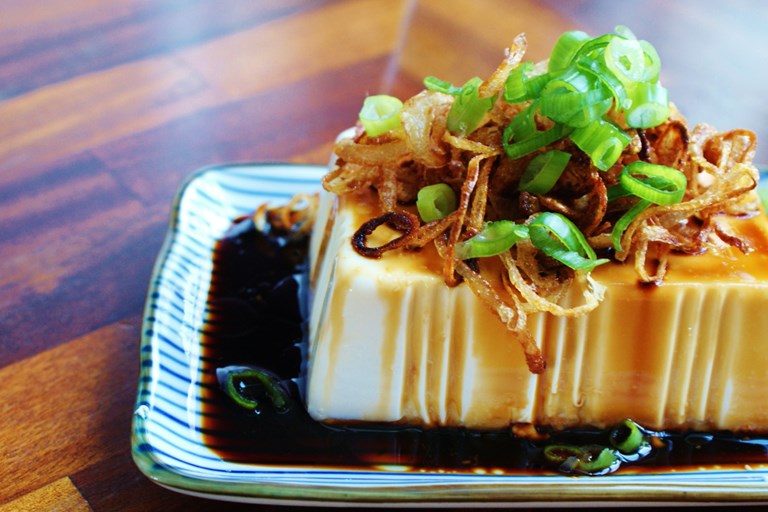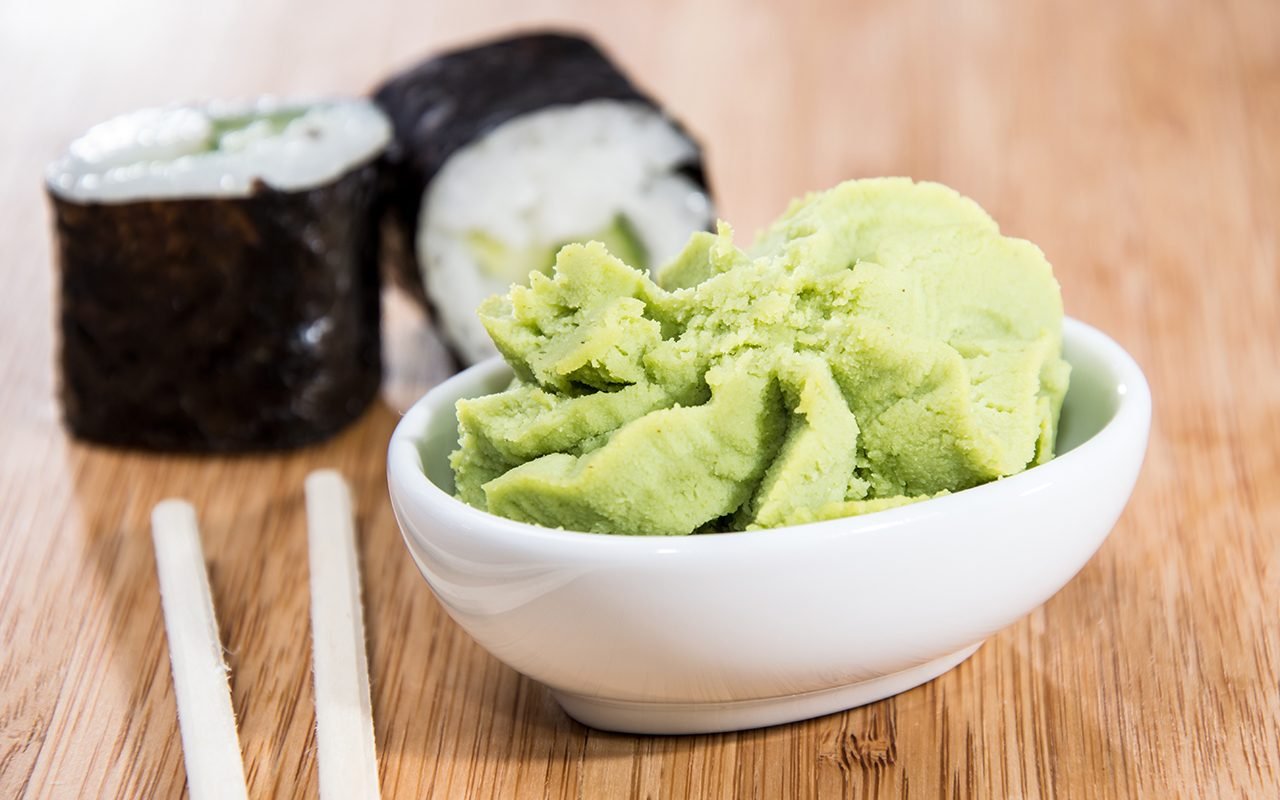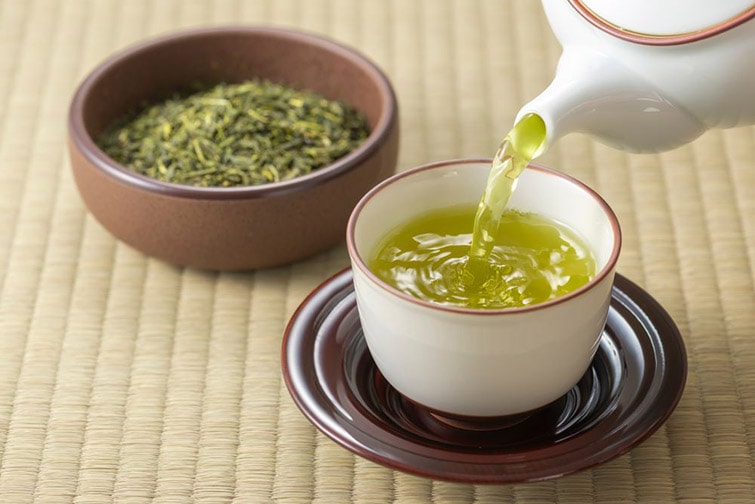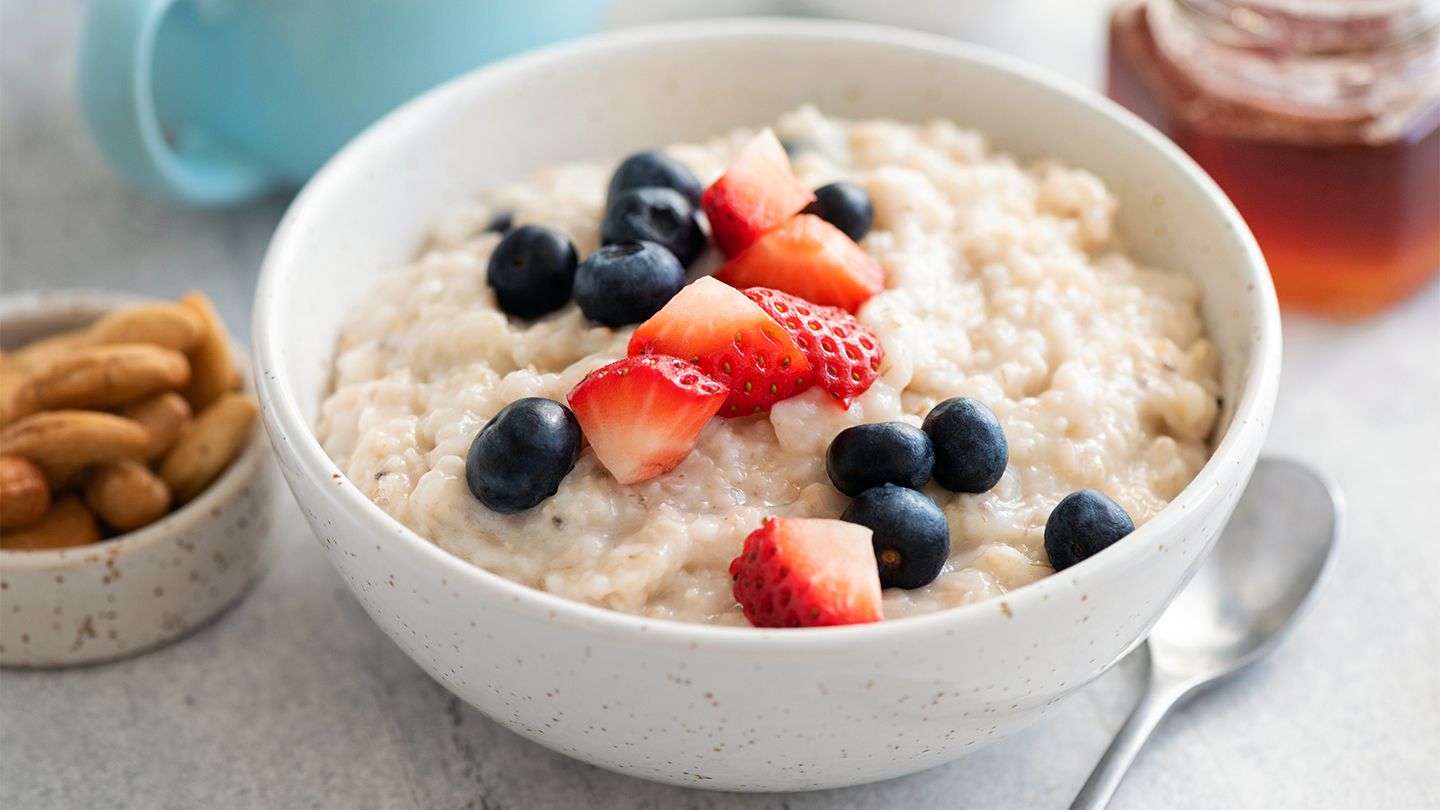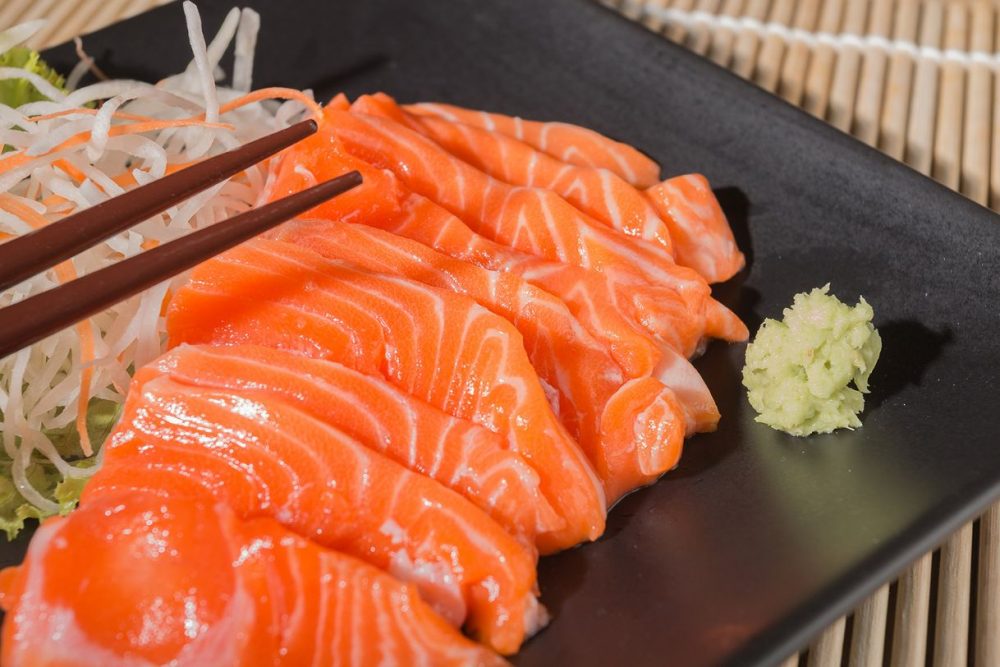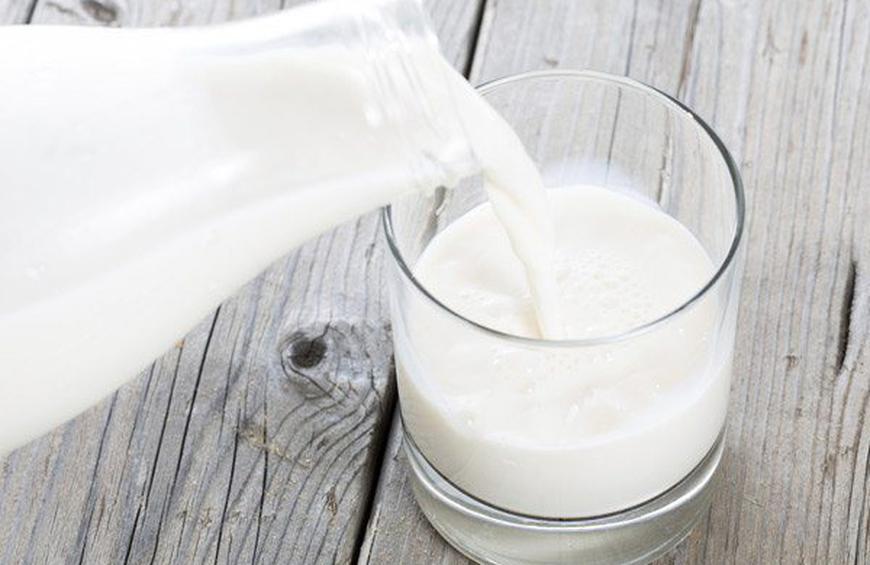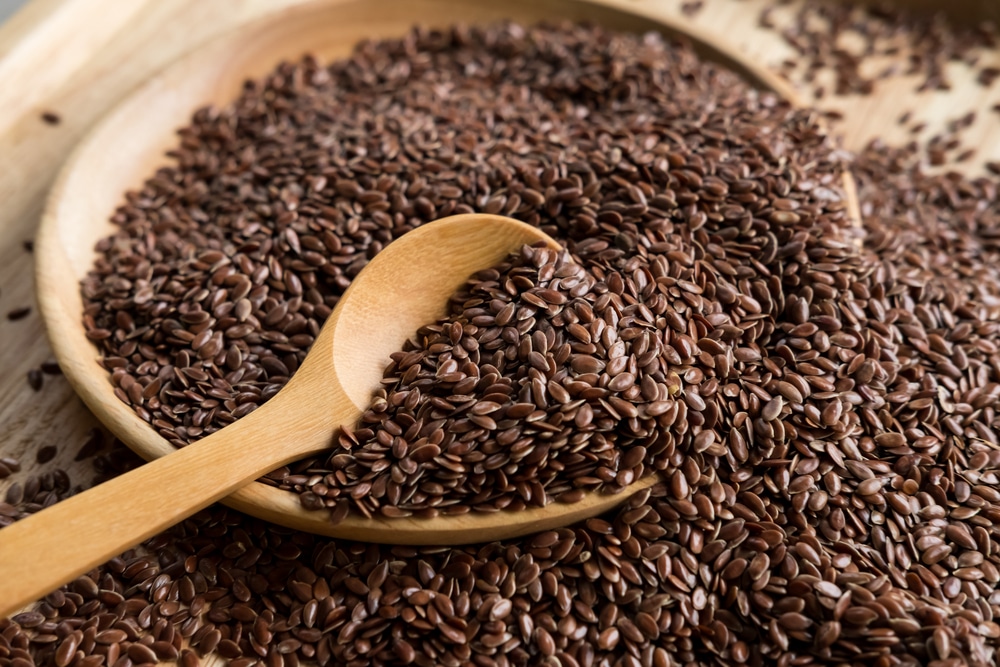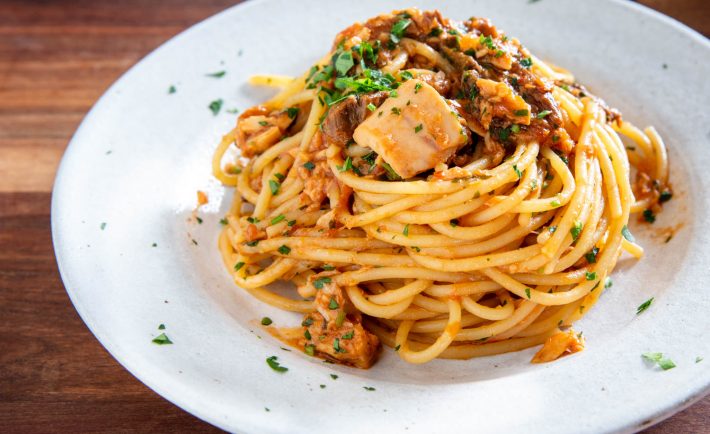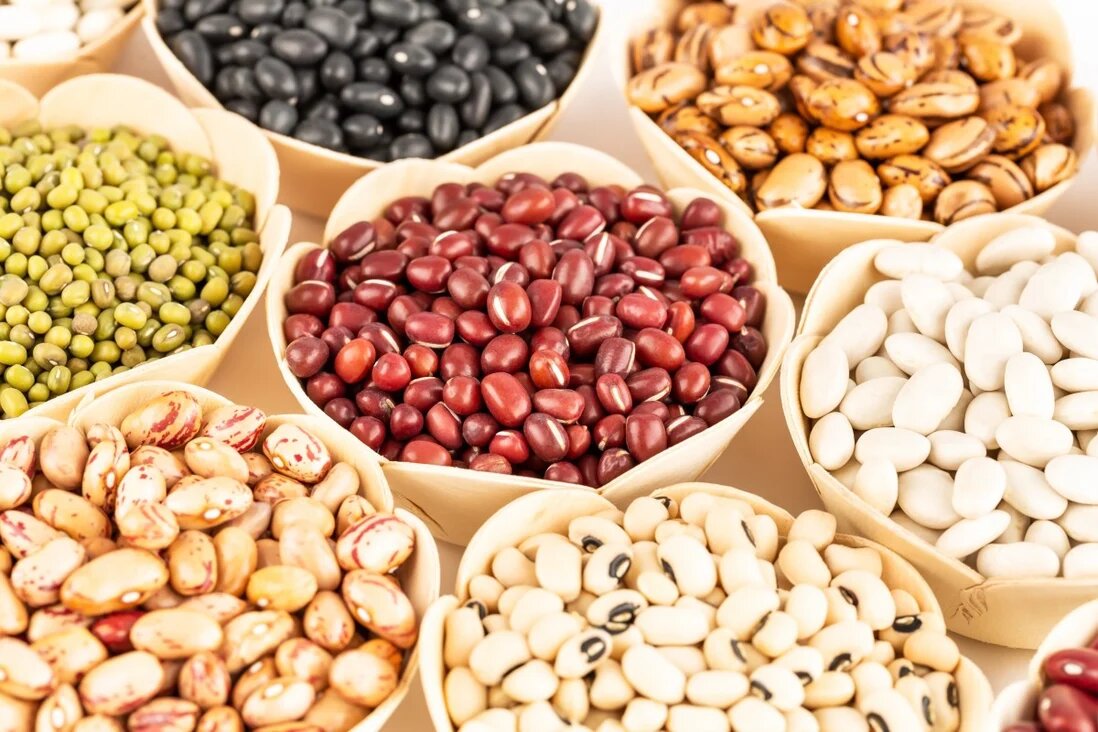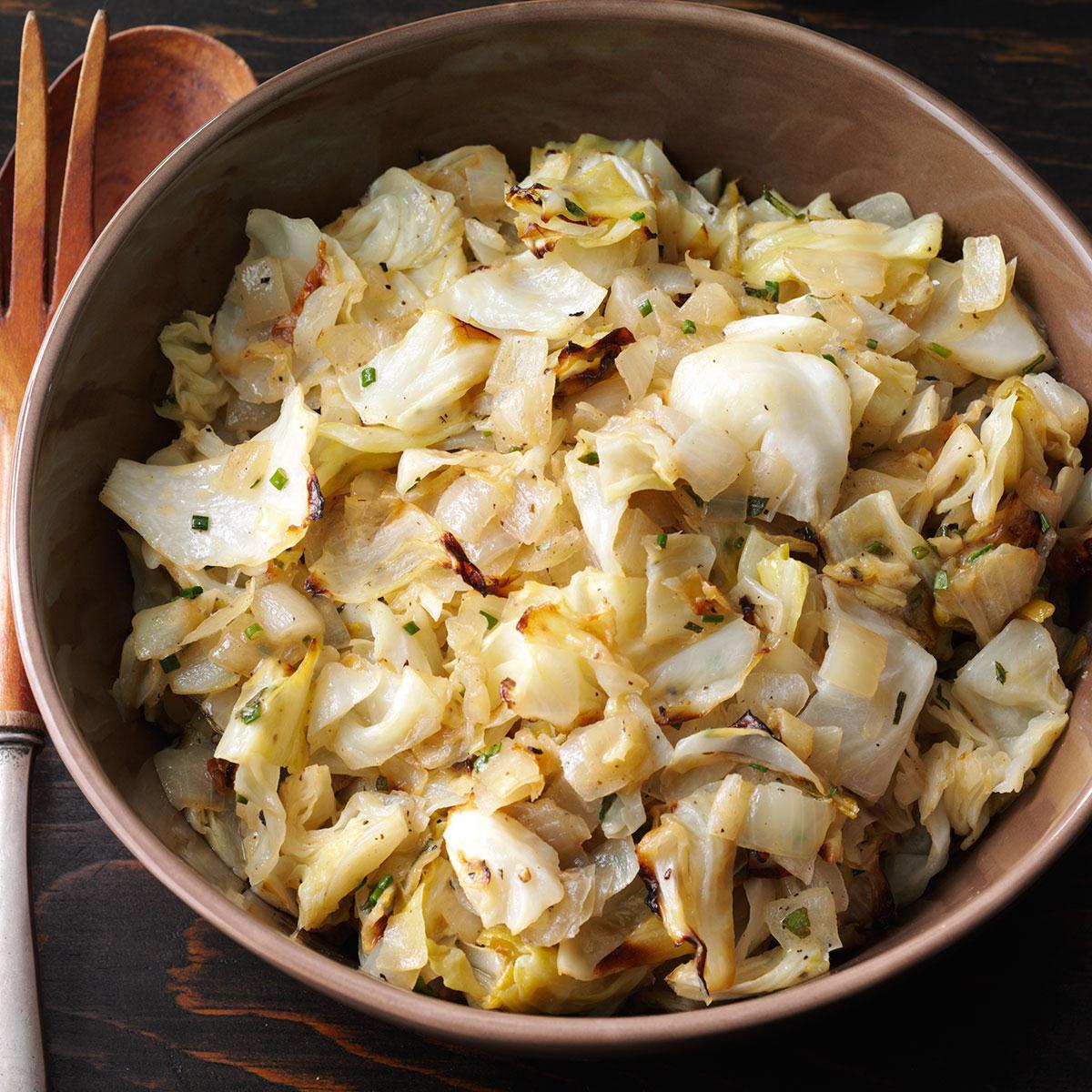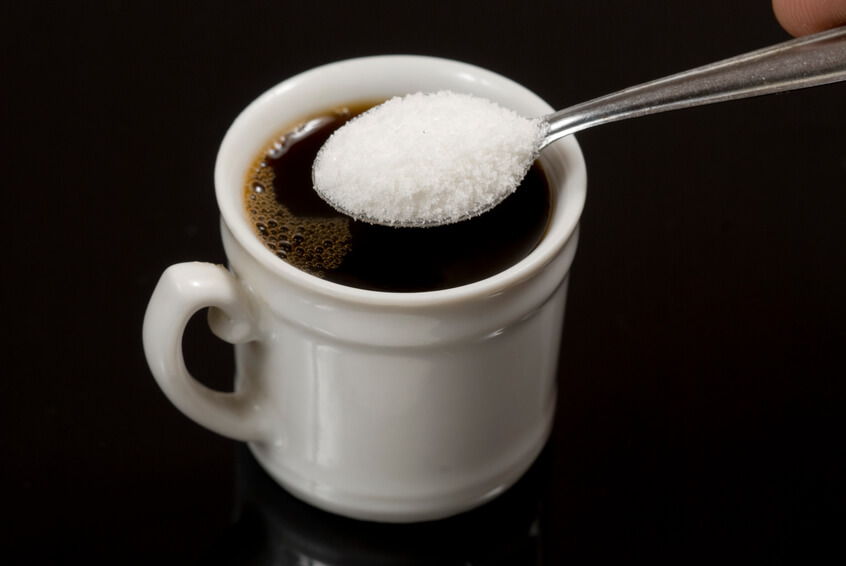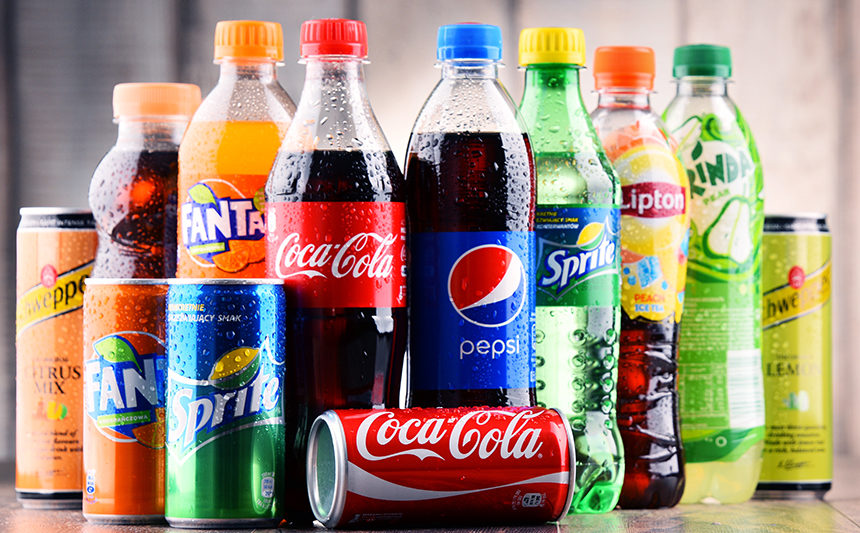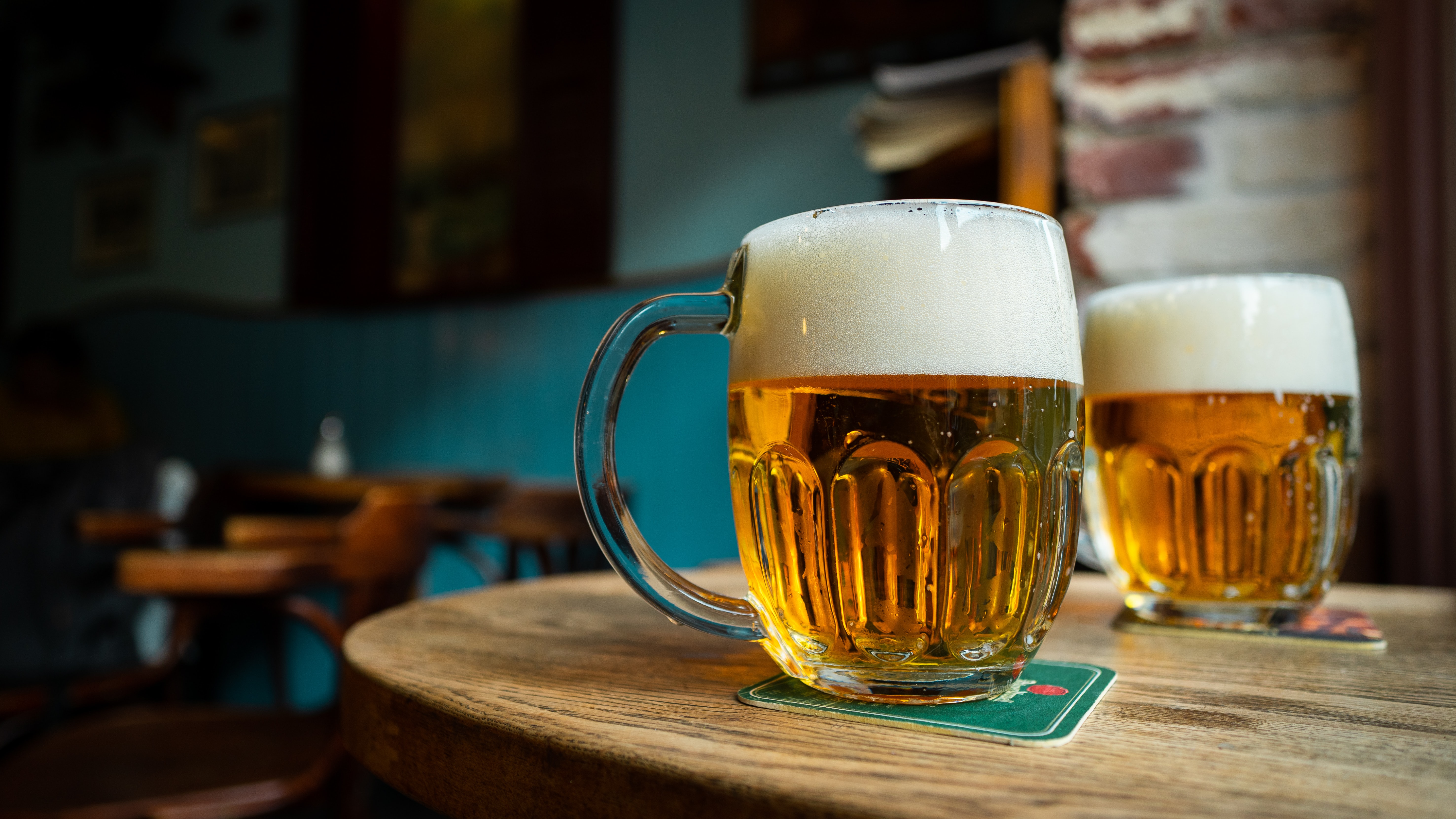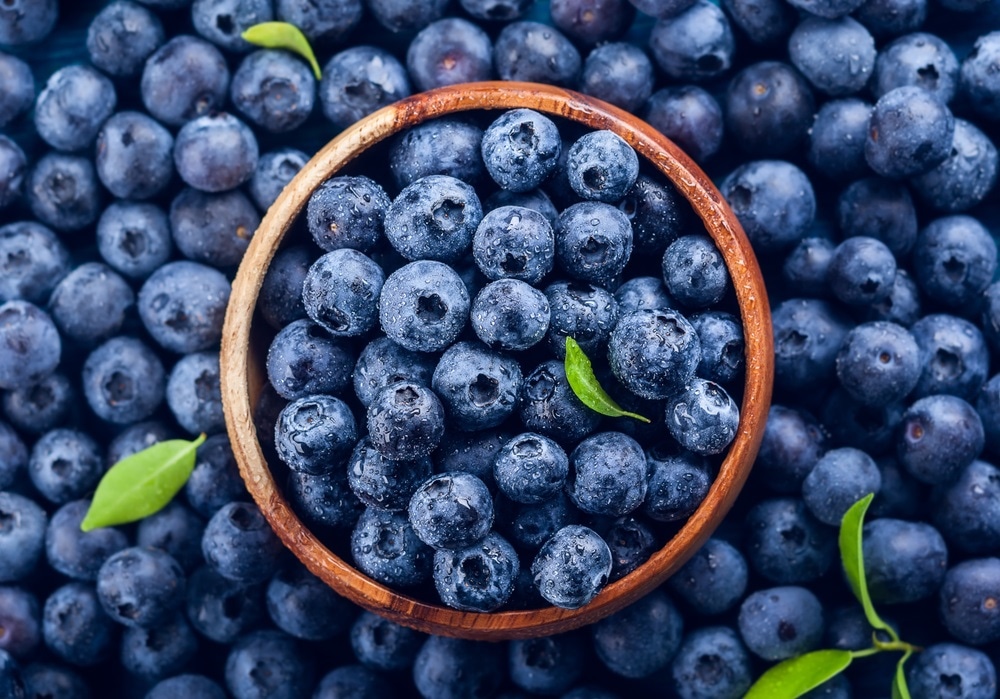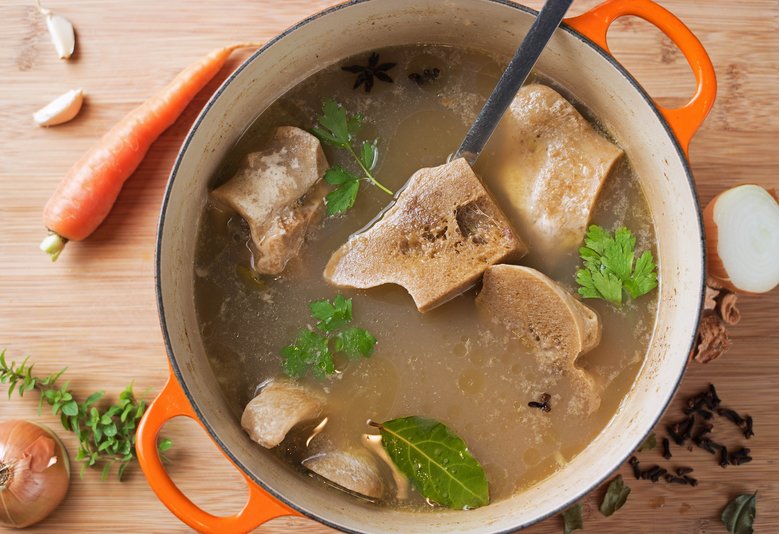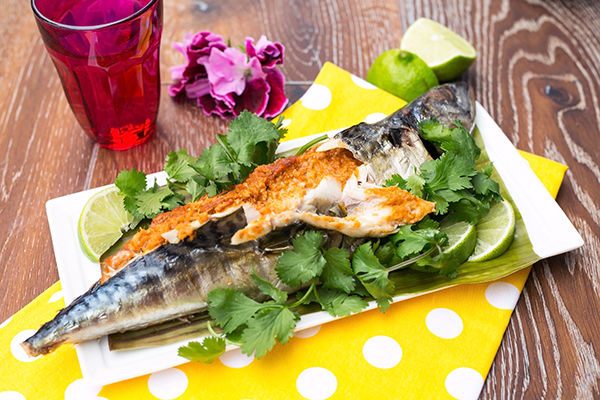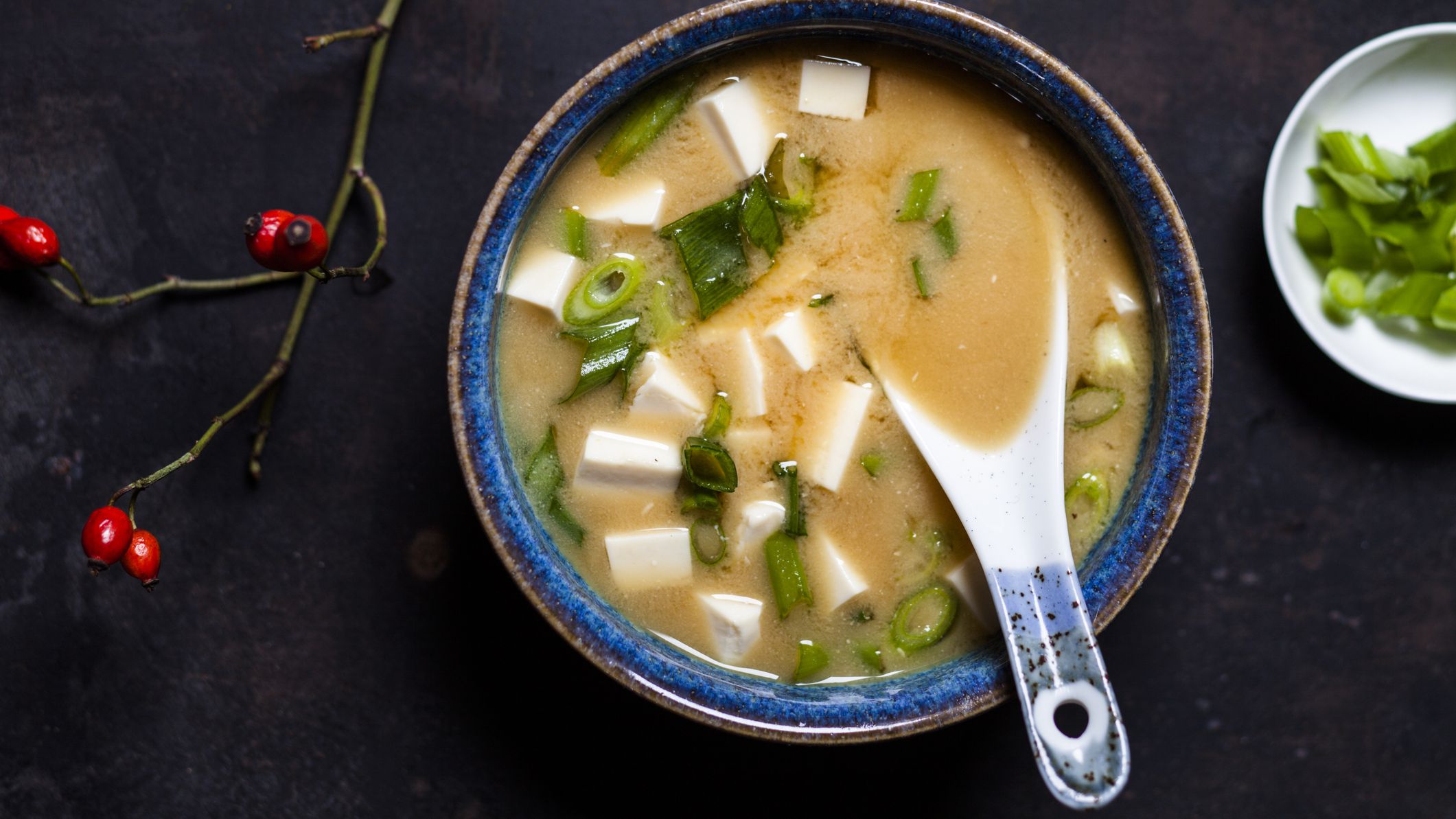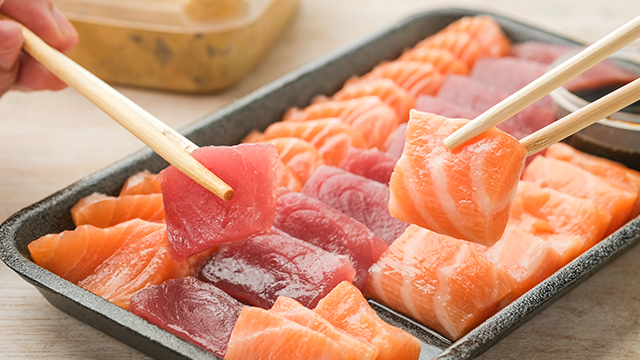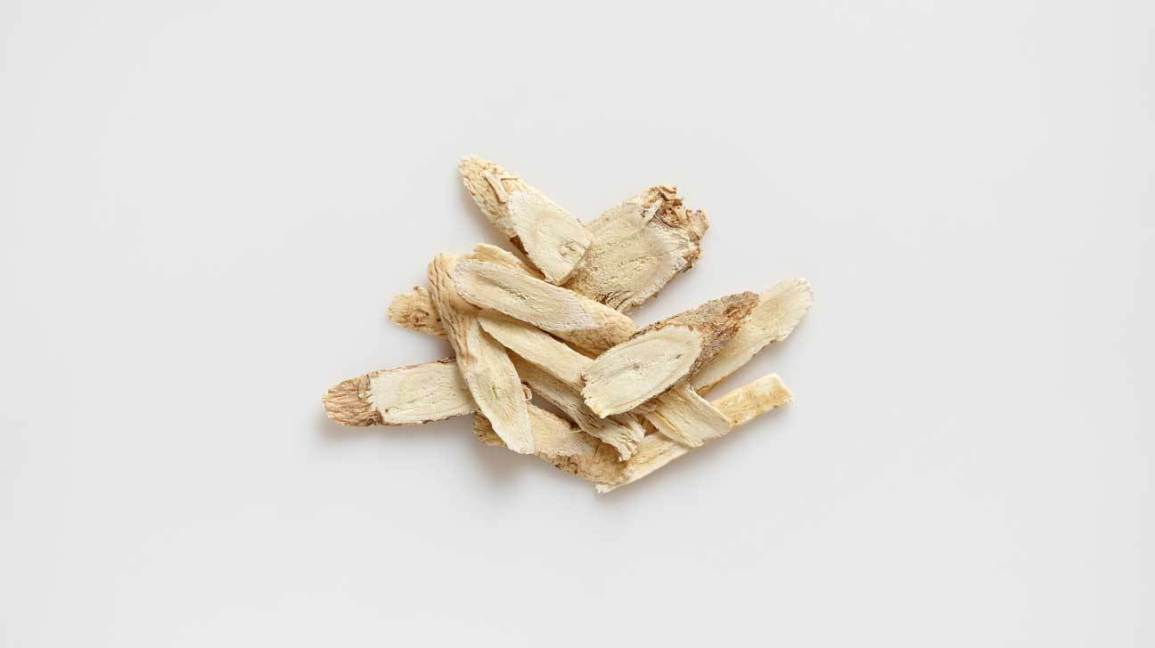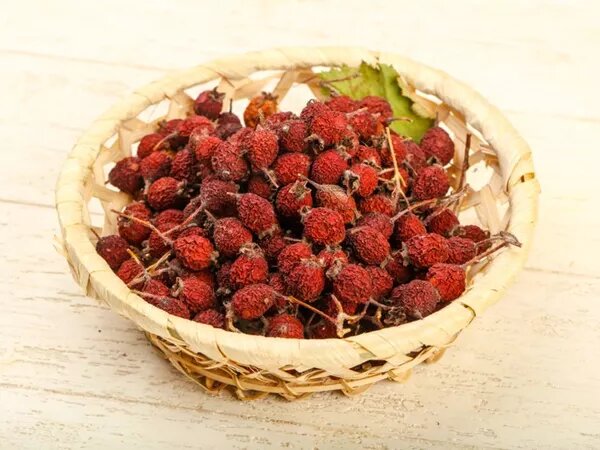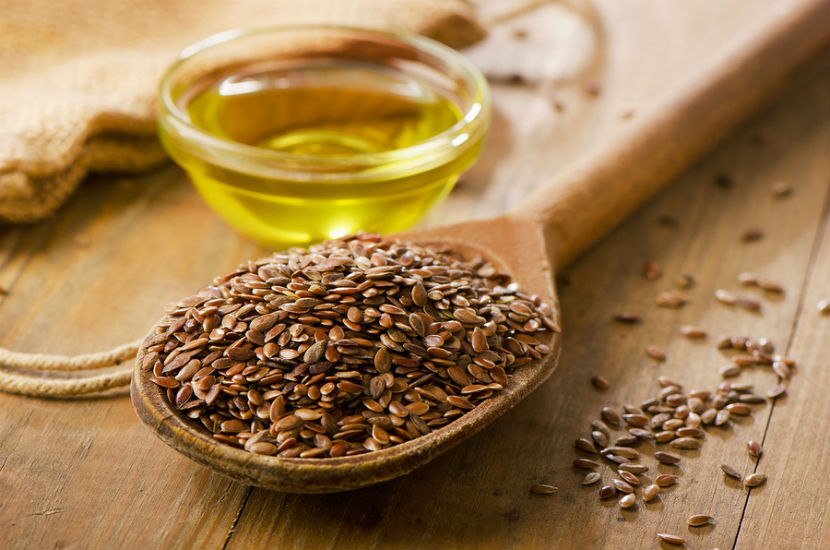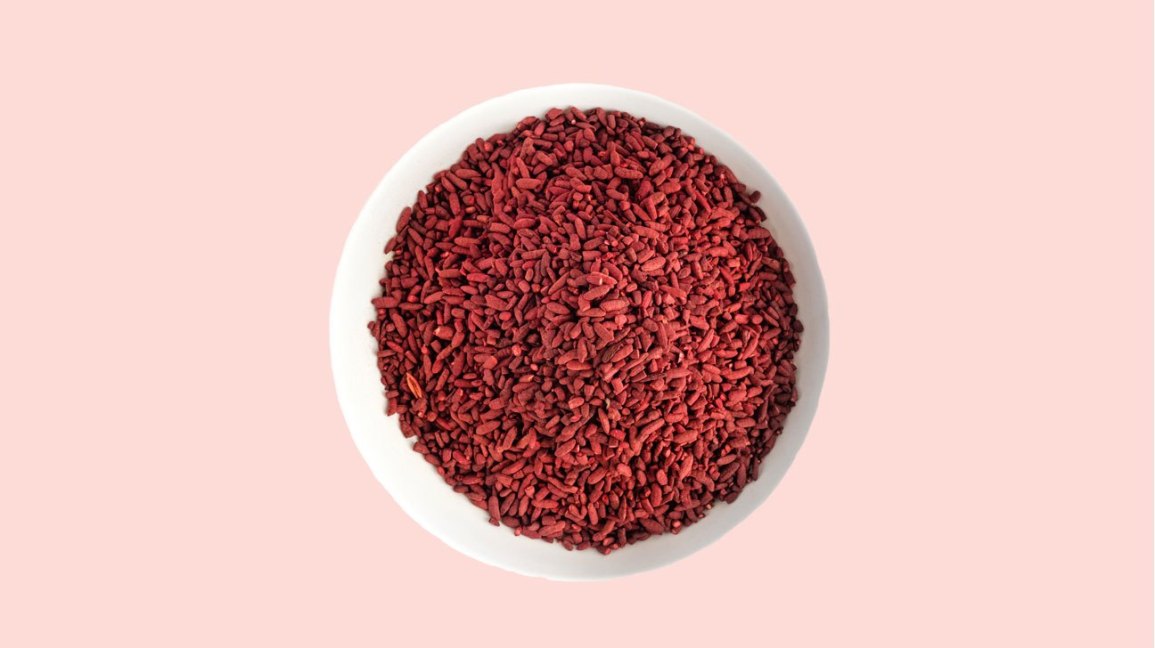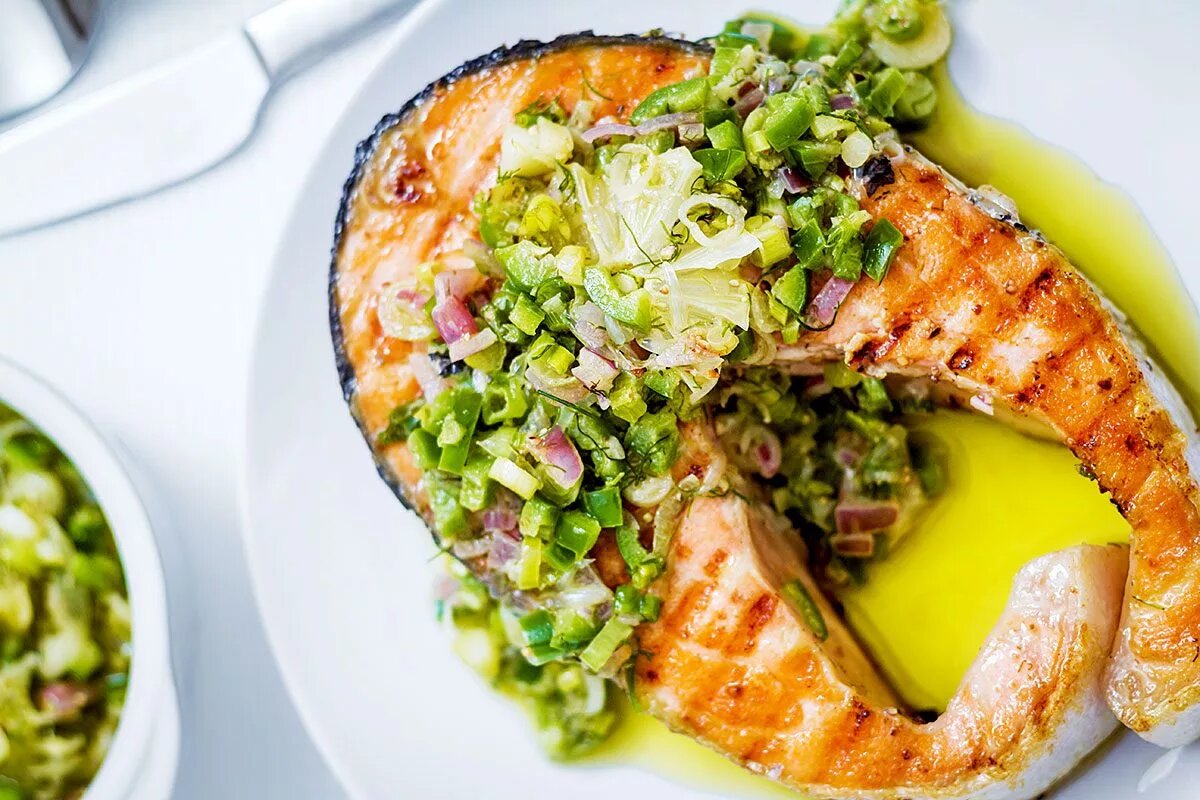Amid the prolonged pandemic, it feels like stress is building up more quickly than ever. Between school, work, family, and current events, nothing seems to be letting up.
While the psychological effects of constant stress and anxiety can be crippling, the truth is that physiologically, our nervous system takes a big hit every time our stress mounts.
What is the nervous system?
The nervous system is a core part of our body that helps us function daily. Cleveland Clinic defines it as our body’s command centre.
It explains: “Originating from your brain, it controls your movements, thoughts and automatic responses to the world around you. It also controls other body systems and processes, such as digestion, breathing and sexual development (puberty).”
Hence, when it’s not in good shape, every part of us suffers. The best way to ease up on that stress is to try and give your nervous system a break actively. However, it’s something that might seem easier said than done.
Thankfully, there are some scientific methods you can rely on to help you stay calm and lift pressure off your nervous system! Read on.
#1: Apply pressure

Image Credits: unsplash.com
Didn’t we just mention that we will introduce some methods to help you lift the pressure off your nervous system? Yes, don’t get us wrong when we say to apply pressure. Hear us out.
The nervous system is a bundle of nerves that spread throughout our entire body and are responsible for our sensation and perception of pain, temperature, and many other experiences.
When our nervous system is in overdrive, one of the easiest ways to immediately calm it down is to apply pressure to many nerves at once to smoothen out the sensory overload.
According to Healthline, pressure gives the brain proprioceptive input, leading to a calming effect on our nervous system. To achieve the outcome, you can purchase compression items of clothing, a weighted blanket, or even request a tight hug from a loved one!
The abovementioned methods can help soothe your nerves and drown out excess sensation.
#2: Get moving

Image Credits: unsplash.com
We’re not contradicting ourselves when we say to get moving. That’s because physical activity is another proven reliever of nervous system overload.
Whether it’s the act of shaking off or even just a simple exercise, physical activity releases positive hormones that can help our nervous systems process surplus energy and generally achieve a more harmonious balance.
Based on a Harvard Medical School article, regular aerobic exercise can provide stimulation and calmness and even counter depression and dissipate stress. Cardio is an excellent way to achieve stress relief quickly, but something as simple as a stretching routine can also facilitate.
#3: Take a warm bath

Image Credits: pixabay.com
Do you know that heat has been a natural pain reliever for many people starting from the ancient days?
Contact with heat, whether through a sauna, a heating pad, or even just general sunlight, can help reduce pain, cramping, inflammation, and even induce endorphins, the chemicals that support happiness and relaxed feelings.
“Your skin releases endorphins in response to the soothing warm water the same way that endorphins are released when you feel the sun on your skin,” says Dr Bobby Buka, a dermatologist based in New York.
A hot bath is a great way to put your oversensitive self on rest mode until you feel rejuvenated enough to return to the busyness of life.
#4: Concentrate on your breathing

Image Credits: pixabay.com
Breathing is one of the easiest ways to calm down your nervous system immediately. Are you aware that your natural breathing rhythm frequently changes throughout the day?
If you’ve noticed you’re suddenly anxious, stressed, or out of breath, you’re likely experiencing a quicker breathing rate as well. The right way is to pause and start taking deep, cyclical breaths that draw on your entire lung capacity.
This should help reset your natural breathing rhythm and return to a sense of overall equilibrium. Even if you’re not facing any immediate source of stress, it’s still wise to practise daily breathing exercises to improve lung health.
#5: Decrease caffeine intake
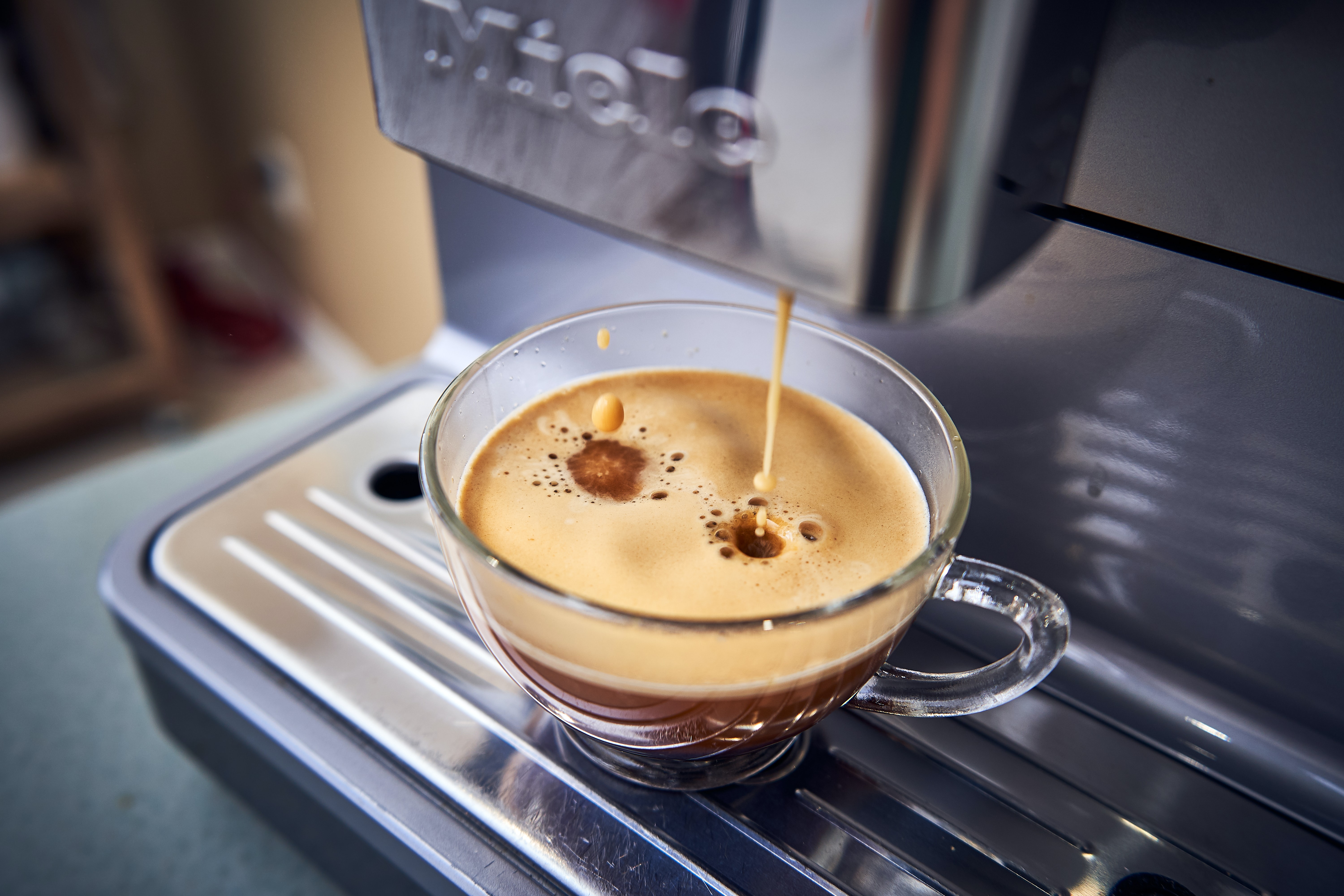
Image Credits: unsplash.com
Though coffee can help boost your metabolism and help you digest faster, it fires up your brain’s receptors and makes everything shift into hyperdrive. When it comes to lifting pressure off your nervous system, that is a clear no-no.
The more caffeine you drink, the more strain you put on your nervous system. Give your nervous system a break by easing up on caffeine! You will notice how much easier it is for you to rest afterwards.
And of course, other than a better sleep, going caffeine-free has its own set of benefits. This includes having a better absorption level for micronutrients, lowering the risk of heartburn, and may even help keep wrinkles at bay!
Final thoughts
Our nervous system is working hard every single moment to make sure we function right. Isn’t it fair that we give it some tender loving care too?
If you want your entire system to take you through the rest of your life on earth without any significant problems, heed some of the above tips to lift the pressure off it.


